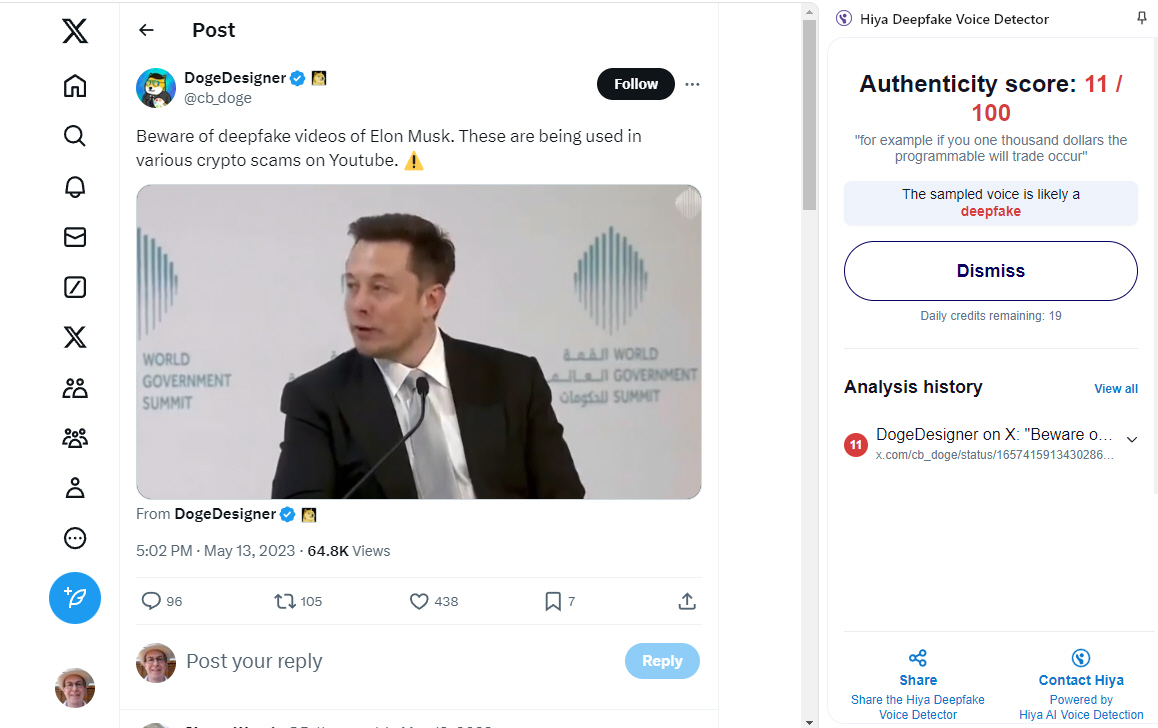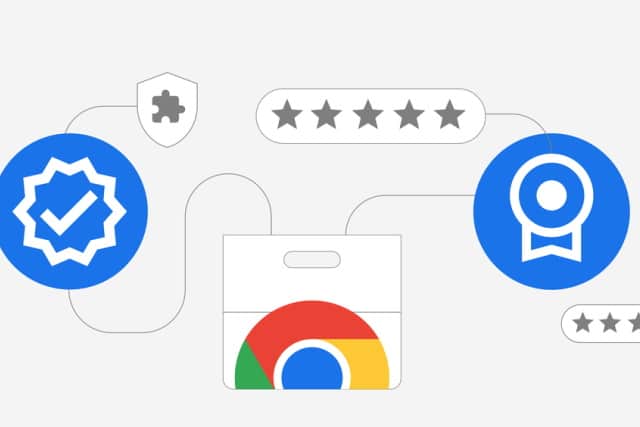
Google shares its favorite Chrome extensions of 2025 as AI takes over the browser
It’s that time of year again when the big “best of” round-ups start to land. Spotify Wrapped has already taken over social feeds with people comparing their listening ages, Apple just revealed its 2025 App Store Award winners, and now Google is spotlighting its favorite Chrome extensions of 2025.
This year’s apps list makes one thing very clear -- AI has become the browser’s default companion.

AI-powered Chrome extensions are watching you…
It's not exactly Big Brother, but a new analysis of Chrome extensions from Incogni reveals that 67 percent collect user data, and 41 percent collect personally identifiable information (PII), including sensitive details like credit card numbers, passwords, and location data.
Extensions like Grammarly, which make writing almost anything effortless, or Vetted, which act as online shopping assistants, are quickly becoming essentials of everyday life. But because many users trust Google's ecosystem, they also assume that third-party extensions vetted through the Chrome Web Store are equally safe.

New Chrome extension helps spot deepfakes
Deepfakes are becoming more of a problem and particularly around election times they can seek to influence voters views. They're also getting better so it can be hard to know if what you're watching or hearing is real or fake.
To combat this issue voice security company Hiya has launched a new plugin for the Chrome browser designed to identify video and audio deepfakes with up to 99 percent accuracy, by simply analyzing a few seconds of audio/voice.

Google is making it easier to find the best browser extensions in the Chrome Web Store
Among the supposed benefits of downloading apps and other digital products from an official store is that they should be safe and reliable. But as users of the Microsoft Store, Google Play and the App Store will attest, making an appearance in such a repository is really no indication of quality or trustworthiness.
And the same is true of browser extensions. Once completely unpoliced, this is an arena that Google tried to take control off by introducing the Chrome Web Store. Now the company is introducing two new features which it believes should help Chrome users find extensions that are of a high standard.
